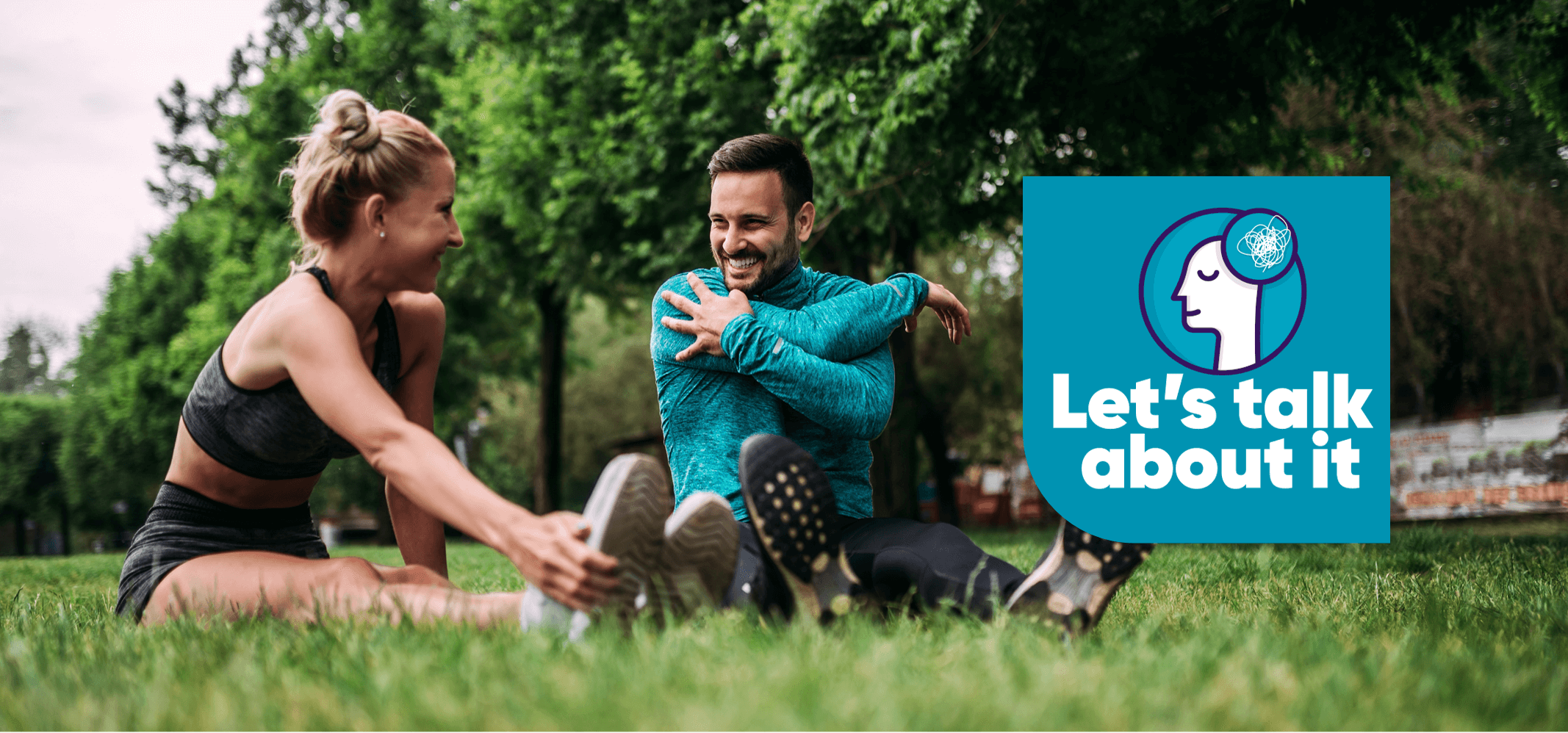By John Paul Hughes, MSc - Physical Health and Nutrition Expert from Zevo Health
There is a growing appreciation for the importance of sleep and its effect on our mood, productivity, and mental and physical health. But knowing this is one thing – below, we have some tailored tips and rituals that you could consider implementing for better sleep tonight. Establish sleep hygiene:
- Inclusive of working hours, it’s important to go to bed only when you feel tired. Suppose you go to bed and are unable to sleep after 20 minutes? It’s more beneficial to leave your bedroom and engage in a low stimulating, relaxing activity – such as listening to calming music, reading, or meditation. Regularly staying in bed when sleep is unsuccessful sends a message to our brain that associates the bedroom as a place of unrest, leading to further sleep issues.
- Try to keep a regular sleep schedule as much as possible. Sleep and wake at the same times when working a night shift or day shift. This helps support a healthy aligned circadian rhythm.
- Regular exercise increases endorphins – which helps boost mood (the feel-good hormones) and improves sleep quality by supporting your circadian rhythm – your internal body clock, which regulates when you feel awake and alert and when you feel tired and sleepy. However, caution around exercising before bed is required. Intense exercise a couple of hours before bed can raise body temperate and increase alertness, preventing sleep. It might be helpful to engage in less intense activities before bedtimes, for example, yoga or stretching. Create a sleep-inducing bedroom:
- Create a calm and cool environment in your bedroom – removing devices that are associated with alertness, such as TVs, laptops and other similar devices. The bedroom should be cool and dark – use blackout curtains or a sleep mask to block out light if you’re trying to sleep after an evening/night shift; this can help decrease sleep disturbance caused by light. Our bodies are attuned to wake by light such as daylight; therefore, we can promote better quality sleep by keeping our bedroom dark.
- Minimise noise whilst trying to sleep. If you work the night shift, this might be more difficult; use earplugs or a white noise machine to help reduce noise that could disturb sleep. Unwinding after a long shift: In a recent study, one of the primary issues nurses reported was difficulties unwinding before sleep*. Creating a relaxing bedtime routine after a long day’s work can address this issue. A sample routine could include:
- Warm bath/shower before sleep. Research suggests a warm bath/shower can assist an individual fall asleep faster; body temperature tends to drop after a warm bath/shower, increasing the production of melatonin, which aids sleep**. A warm bath can also help relieve tense muscles after a long shift, helping release anxiety and stress, inductive of sleep.
- Engage in a relaxing activity of choice before bedtime. The objective is that going to sleep should be done gradually, preparing the body and mind for sleep. Some examples could include reading, listening to calming music, yoga, meditation/mindfulness. Mindfulness practice evokes a relaxation response in our bodies, conducive to sleep.
- A large volume of research highlights that mindfulness meditation interventions can significantly improve sleep quality***. Tune into a tailored sleep mindfulness session that you can add to your bedtime routine. Reframing unhelpful thoughts around sleep: Our current mindset and beliefs about sleep can lead to increased stress and worry, leading to further difficultly falling asleep and overall sleep quality. Cultivating awareness of any current unhelpful thoughts, beliefs and attitudes around sleep such as “If I don’t get X hours of sleep, I’ll be exhausted and will have a terrible shift at work tomorrow/later on…I should be asleep already”, can lead to agitation, worry and stress.
- Reframing unhelpful thoughts to more supportive thoughts can support sleep quality. After all, research highlights that sleep quality is the primary determinant of how well rested we feel after sleep, not solely sleep duration****. A more helpful though process might look like “If I can’t sleep after 20 mins, I’ll get up, move to the living room and read for 10 minutes, then try to sleep again when I feel tired”.


